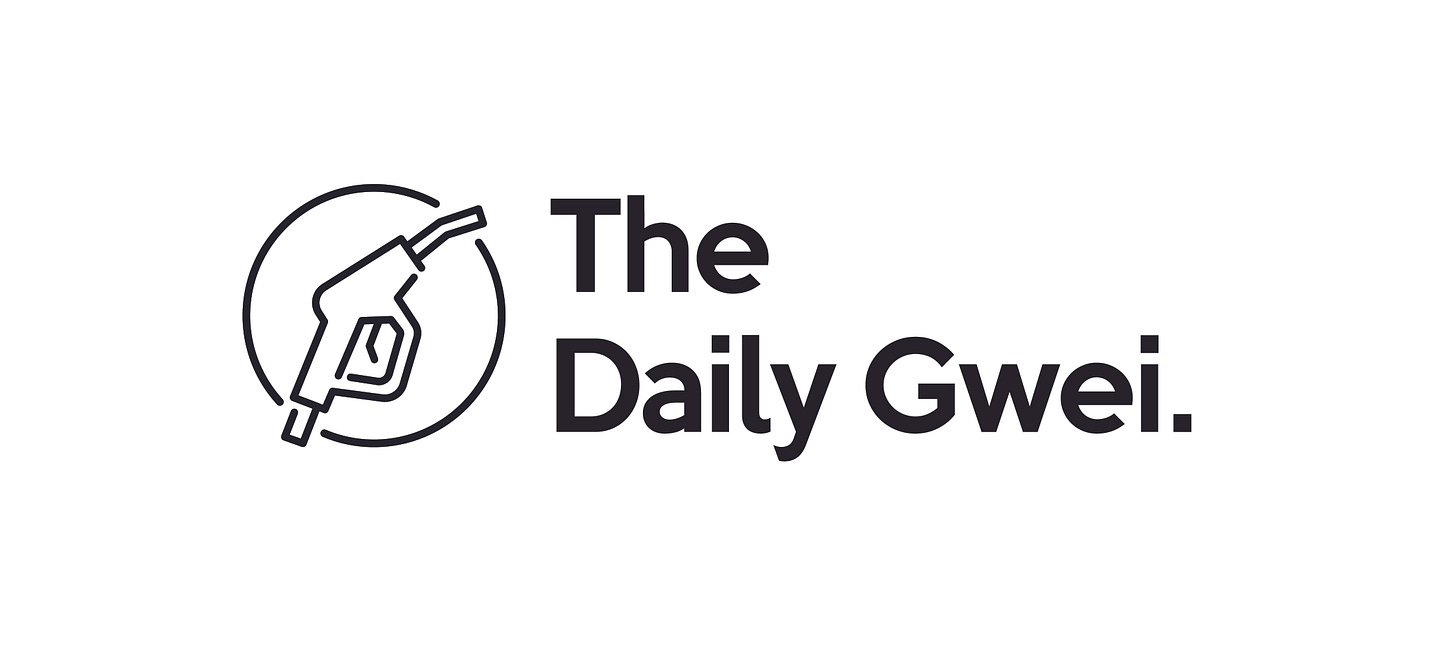
CFTC Chairman Heath Tarbert made waves in the Ethereum community yesterday with his comments at CoinDesk’s ‘Invest ETH’ event as he not only praised Ethereum but he also kind of dunked on Bitcoin. You can watch the snippet below to see what I mean.


For those that aren’t aware, the Commodity Futures Trading Commission (CFTC) is one of the largest regulators in the United States and they regulate derivatives markets (futures, swaps and options). Given that Heath is the current chairman of this agency, his positivity on Ethereum in addition to his deeper than surface-level understanding of it is an incredibly healthy and bullish sign for our ecosystem.
Now, Heath is correct in his assessment of Bitcoin being a “one trick pony” while Ethereum is “more like the internet” but there is some nuance here that I wanted to run through. Firstly, what does it mean to be a “one trick pony”? Well in Bitcoin’s case, it means that the network is optimized for one thing and one thing only - securing BTC by keeping the base layer as simple as possible. Bitcoiners commonly refer to the Bitcoin blockchain as “waste” that is produced to secure the “digital gold” that they believe to be BTC. Another way to look at it is that they believe BTC is the diamond whereas its blockchain is the rock that the diamond was mined from.
On the other hand, Ethereum is indeed more like the internet because it is optimizing for much more than just securing an asset. The Ethereum community believes that the network is not “waste” and this is why it has an expressive base layer that allows for the execution of any arbitrary piece of code (smart contracts). On top of this, Ethereum is also home to a trustless and decentralized store of value asset (ETH) that is well on its way to becoming a global money. Of course, this doesn’t come without trade-offs - Ethereum’s base layer is more complex than Bitcoin’s (by design) and Ethereum is optimizing for a different set of use-cases because of this (across both eth1 and eth2).
There is no “right” path when designing a blockchain as it’s always about the trade-offs. Though, I believe that to be considered a “blockchain” in the traditional sense, the platform has to satisfy a set of 3 core principles that I believe are non-negotiable. These are decentralization, permissionlessness and censorship-resistance. If a platforms fails any of these 3 principles then it is not a blockchain - it is a centralized database and its native token is akin to AWS credits. That may sound harsh but when we are building systems that are meant to fend off nation states they need to be as resistant to attack as possible.
Have a great day everyone,
Anthony Sassano
All information presented above is for educational purposes only and should not be taken as investment advice.



